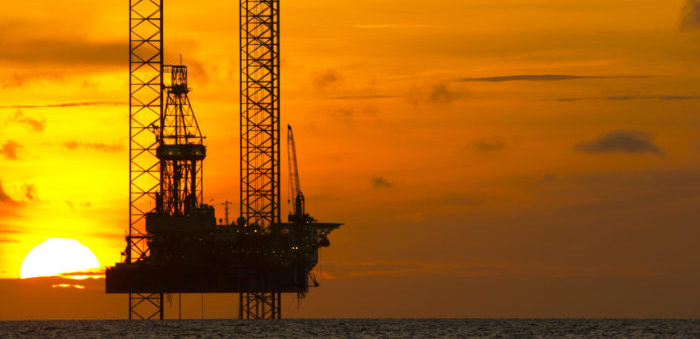US Interior Secretary Ryan Zinke told that at least six coastal states’ waters could be exempted from US’s offshore drilling plan, as he noted that some of these states do not have enough oil in order to be included anyway.
These comments indicate that US’s initial proposal to open almost all of the US waters to drilling will be significantly lower by the time it is finished.
[smlsubform prepend=”GET THE SAFETY4SEA IN YOUR INBOX!” showname=false emailtxt=”” emailholder=”Enter your email address” showsubmit=true submittxt=”Submit” jsthanks=false thankyou=”Thank you for subscribing to our mailing list”]
Currently, about 17% of US oil and gas production is derived from offshore production, but the majority of that output is concentrated in the Gulf of Mexico.
The six states that could be exempted from the proposal are New Hampshire, Maryland, North Carolina, Maine, Oregon and Washington. Mr. Zinke said that these states will be pleased with the final plan as they do not have enough oil.
Regarding New Hampshire, Ryan Zinke discussed with the state’s Governor Chris Sununu about his worries of drilling off the state’s tiny 18-mile coastline. According to Reuters, Mr. Sununu is now confident that drilling off the state is. As for Maine, Mr. Zinke noted that the state do not have oil and gas of significance.
Finally, speaking about Maryland and North Carolina, Interior Secretary mentioned that they will be pleased with his proposal.
Before these statements, California and Delaware had voted laws which they banned offshore drilling. Namely, California’s Governor Edmund G. Brown Jr. signed a legislation to block new federal offshore oil drilling along California’s coast, and announced the state’s opposition to the federal government’s plan to expand oil drilling on public lands in California.
































































